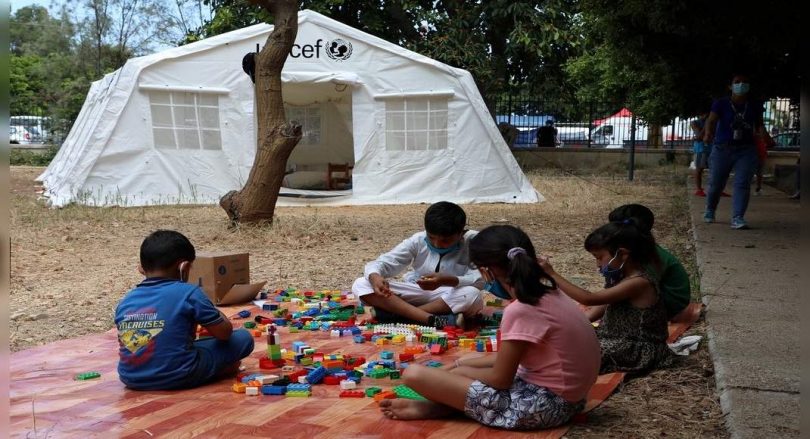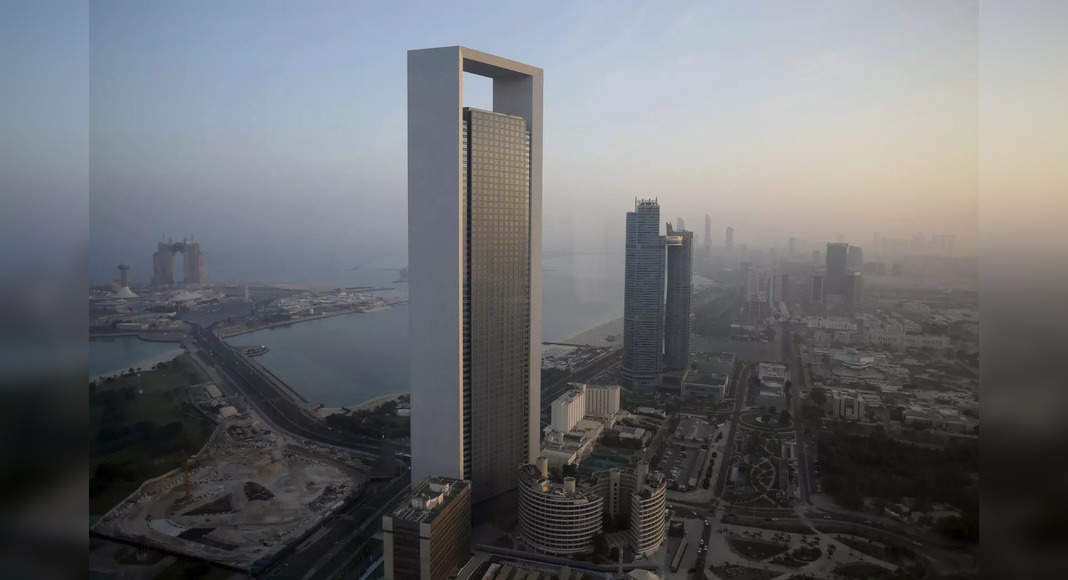Beirut: More than four million people, including one million refugees, is at risk of immediately losing access to safe water in Lebanon, said UNICEF in a new report.
With a rapidly rapid economic crisis, lack of funds, fuel and supply such as chlorine and spare parts, UNICEF estimates that most of the water pumping will gradually stop throughout the country in the next four to six weeks, said report on Friday.
If the public water supply system collapses, the UN agency estimates that water costs can skyrocket by 200% a month when securing water from alternative or personal water suppliers.
For too many very vulnerable Lebanese households, this fee will be too much to be borne, because it represents 263% of monthly average income.
According to UNICEF supported assessment based on data collected by four main main water utility companies in May and June 2021, more than 71% of people fall at a very critical and ‘critical’ vulnerability level.
It revealed that nearly 1.7 million people have only 35 liters of access a day, down almost 80% of the national average of 165 liters of pre-2020.
The next assessment says that public water utility providers can no longer pay essential spare parts for maintenance and since 2020 have increased by 35% of the price of private sector mass supply, while the cost of the packaging water multiplied.
According to research, blackouts and intermittial power supplies water systems under pressure, interrupting treatment, pumping, and water distribution.
At the national level, water that is not calculated due to system losses is around 40%; Mostly due to lack of maintenance and illegal connections, he added.
UNICEF requires $ 40 million per year to keep water flowing more than four million people across the country by securing the minimum fuel rate; Needed chlorine, spare parts and maintenance to maintain the operation of the critical system; and maintain access and operation of public water systems.







